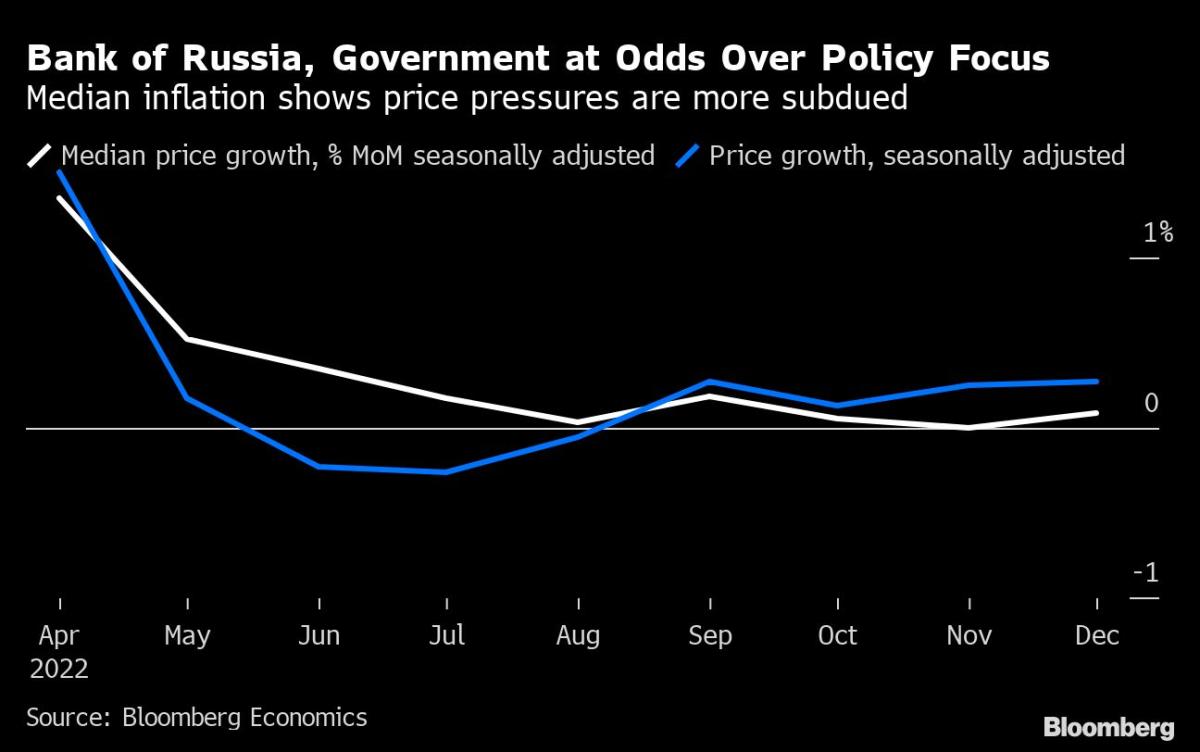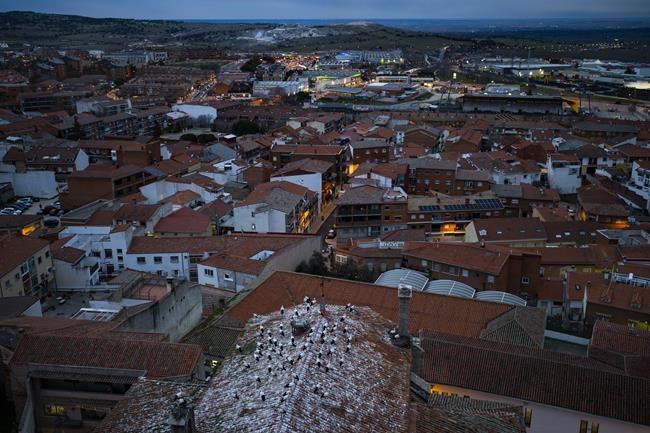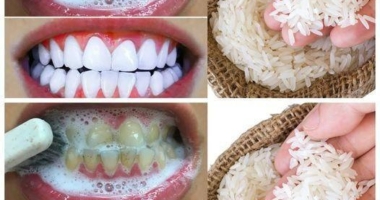“Russia’s Central Bank Urged to Take a More Optimistic View as Putin’s Officials Push for Change”
This article discusses how the administration of Russian President Vladimir Putin is urging the Bank of Russia to take a more optimistic view of the economy and signal that it is ready to ease monetary policy as the country’s invasion of Ukraine enters its second year. It is expected that the central bank will not propose imminent easing due to potential inflation risks, but will point out that interest rates have little room for a decline. It is also discussed that the economy is headed for the first consecutive years of contraction in this century and that the central bank is likely to revise its forecasts due to changes in the labor market, oil prices and other factors.
(Bloomberg) – President Vladimir Putin’s administration is urging the Bank of Russia to take a more optimistic view of the outlook for the economy and signal that it is ready to ease monetary policy as its invasion of Ukraine enters its second year.
Most read by Bloomberg
Ahead of the central bank’s first board meeting of the year on Friday, officials want it to give a clearer indication that interest rates could fall later this year, according to people familiar with internal deliberations.
Governor Elvira Nabiullina and her colleagues are so far unwilling to propose imminent easing because of the risks of higher inflation, they said, and are instead likely to point out that rates have little room for a decline.
But they are open to better forecasts, with the government happy if the central bank delivers a message that puts it on track for looser policy in the coming months, the people said, speaking on condition of anonymity to get around the unusual Conflict in business to describe team.
The dispute is about the direction of policy at a time when falling oil revenues and rising defense spending are straining the budget. The economy is headed for the first consecutive years of contraction in this century.
In its latest outlook last October, the central bank expected its benchmark to average 6.5% to 8.5% this year, meaning both hikes and cuts are possible. Economists are unanimous in forecasting that interest rates will remain at 7.5% for the third straight day on Friday.
Official borrowing costs have not changed since the central bank paused its steep monetary easing cycle that more than reversed a post-invasion emergency hike.
The central bank didn’t respond ahead of interest rate meetings due to a communications blackout. The government press service did not immediately respond to a request for comment.
In a later comment to Russian media, including the Kommersant newspaper, Prime Minister Mikhail Mishustin’s spokesman denied that this government was putting pressure on the central bank, saying the cabinet was in constant contact with the monetary authority and was “acting within its powers and functions”. to support the economy in the face of sanctions.
What Bloomberg Economics Says…
“If federal spending increases in line with guidance and the government resumes its FX sales, the central bank could resume cutting interest rates in the first half of this year.”
—Alexander Isakov, Russian economist. Click here to learn more
With Nabiullina at the helm since 2013, the central bank still operates with a high degree of independence. The governor is a key architect of the wartime policies that have held Russia’s economy together in the face of US and its allies’ sanctions.
Although she sought her resignation after Putin ordered the attack on Ukraine, Bloomberg News reported, the president nominated her for a new five-year term in February 2022 just weeks after the war began.
But senior officials have criticized the central bank for mismanaging market expectations and what they say are overly pessimistic forecasts that the public has routinely said have proved too alarming.
As proof of the lack of cost pressure, the government points to alternative measures such as median inflation, which filters out extreme price movements and has been around zero since May after an upturn after the first round of sanctions.
The Bank of Russia, which last cut interest rates in September before adopting a “neutral” stance, has countered that slower inflation could be temporary and the economic situation is too unstable to forecast more accurately, people said.
Policymakers last forecast that inflation will hit its 4% target next year – from 5% to 7% in 2023. Bloomberg Economics expects a firmer ruble and slower credit growth to keep consumer inflation in 2023 from just under 12 % to below 6% in December.
The central bank has recently focused on inflationary risks stemming from budget spending, nominal wage growth and labor shortages resulting from the Kremlin’s conscription of men to fight in Ukraine.
Last week, the first deputy governor of the central bank, Ksenia Yudaeva, already pointed to the likelihood that the forecasts could be revised due to changes in the labor market, oil prices and other factors. In an interview with Tinkoff Private Talks, she also stuck to a more hawkish stance, arguing that consumer demand has been dampened not because of high interest rates, but rather because of uncertainty and supply disruptions.
(Updates with government comment in ninth paragraph.)
Most Read by Bloomberg Businessweek
©2023 Bloomberg LP
Don’t miss interesting posts on Famousbio









